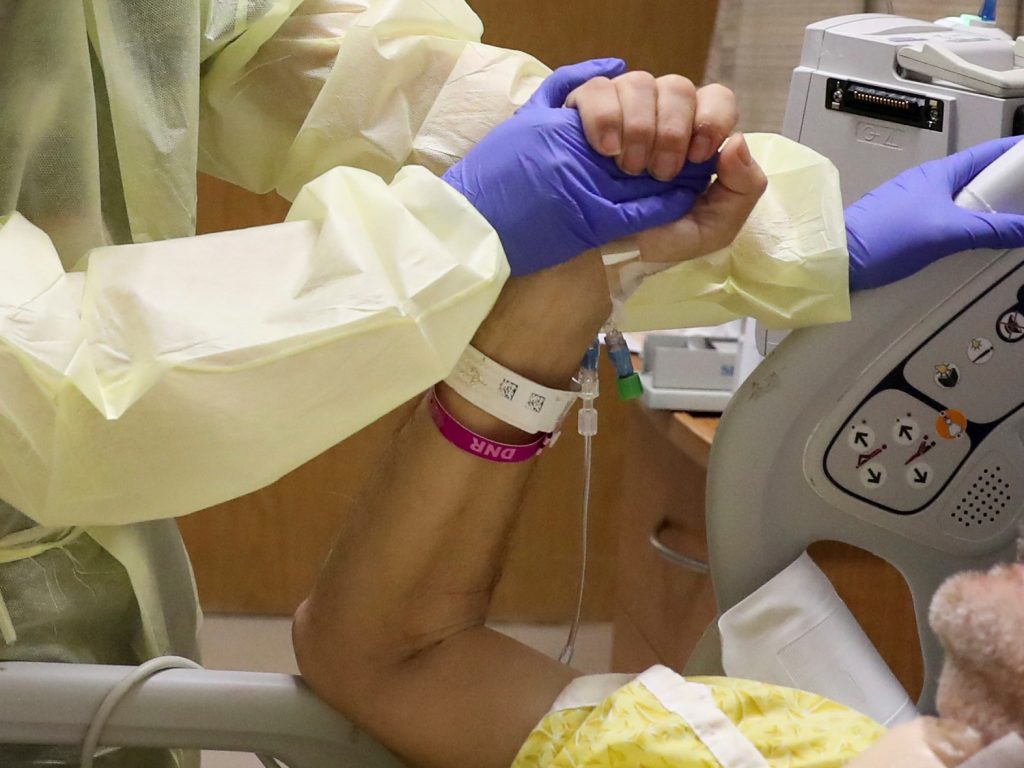2020 was a year marked by sickness, death, unrest, isolation, and economic difficulty — a year that has challenged the faith of many.
And so, one might ask: What good could come out of a year like this one?
So, for our final issue of 2020, Angelus invited a lineup of writers — some regular contributors, others guests — to reflect on how they've seen God's providence at work in their own lives during this difficult year. Their reflections will be published on AngelusNews.com from Dec. 21-24.
It has been, to use a pop culture phrase, a “dumpster fire” of a year. We have lost 300,000 of our fellow Americans to a pandemic. Our democracy has been shaken by unsubstantiated claims of fraud and conspiracy allegedly so vast as to steal a national election. Our Church has been rocked by a report detailing the rise of a now-disgraced American former cardinal to the highest ranks of the Church despite his scandalous behavior.
One might be hard-pressed to find the providential presence of God amid this mess, yet there are graces to be found. We see the heroism of health care providers, teachers, and food pantry workers as they risk their lives to aid the sick, the isolated, and the hungry. We see brave government officials who resist death threats and pressure, refusing to compromise their integrity in the face of the mob. And we see victim survivors who bravely testified to what had been done to them. We see a pope who made good on his promise to deliver a public report chronicling how Church leaders failed in their responsibilities.
God has given us heroes to match our flaws, witnesses of hope that sustain us when our fears and our doubts threaten to overwhelm. Yet I think the most providential gift that God has given us is an overwhelming sense of our own fragility.
“Vanity of vanities! All things are vanity,” Ecclesiastes tells us. For too long, we felt somehow that we were protected from grievous misfortune. That our wealth, our power, our traditions, our history somehow protected us, our exceptionalism would always overcome our flaws.
Yet day after day, we are hearing stories of death and grief as the pandemic stalks us. We wear masks and keep our distance to fend off threats and to protect others. Instead of dipping our fingers in a font of holy water, we squirt sanitizer on our hands to ward off germs.
We are living a nationwide “memento mori,” being reminded over and over that we are not fully in control, that we are vulnerable, that we are mortal. This, I believe, is a blessing. In realizing our own fragility, we are more likely to recognize the fragility of others. We see in them our own mortality, and this recognition is a bond that unites us.
The pandemic has been an opportunity to care for one another. When we wear the mask, when we sacrifice visits with families and friends, we seek to protect others even as we seek to protect ourselves.
Ultimately, the fragility points us toward God. It is God who is our strength, and we turn to him in our need, in our vulnerability. It is a sentiment worthy of the psalmist:
“You have given my days a very short span;
My life is as nothing before you…
And now, Lord, what future do I have?
You are my only hope.” (Psalm 39:6, 8)
Our hope is in the Lord. This year more than ever.
If you have a personal story or experience in which you have seen God’s provide at work in this difficult year, please email us at [email protected]. Submissions will be evaluated and published as part of an ongoing series on our website.

